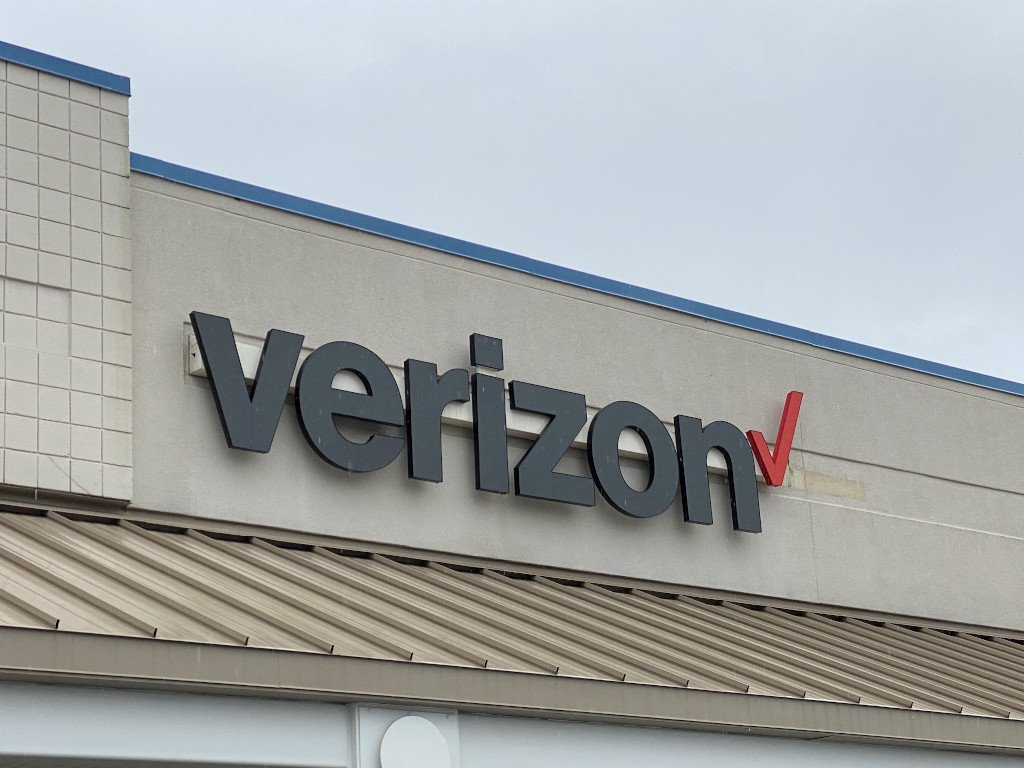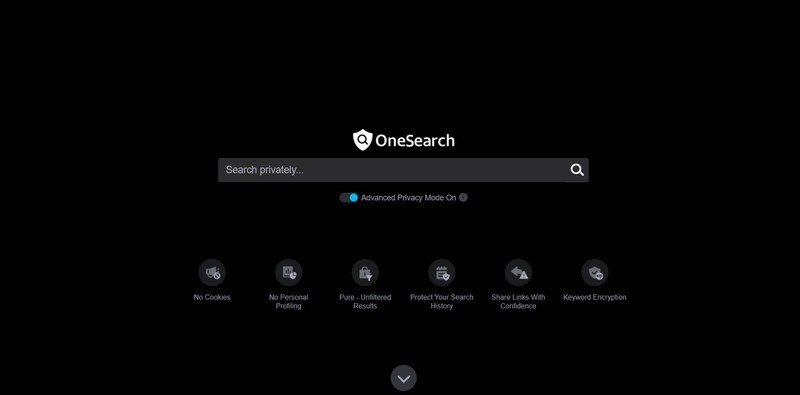Verizon's new OneSearch search engine puts privacy at the forefront

Get the latest news from Android Central, your trusted companion in the world of Android
You are now subscribed
Your newsletter sign-up was successful
What you need to know
- Verizon launched its privacy-focused search engine, OneSearch, on Tuesday, January 14, 2020.
- OneSearch will respect your privacy by not storing records tied to you or sharing your search data with advertisers.
- Verizon has not said which search engine will power OneSearch, but that it will provide unbiased and unfiltered results for all users.
It should be no surprise by now that what you do online is often tracked, and your Google searches are no exception. However, there are ways to search privately, including whole search engines dedicated to that such as DuckDuckGo.
On Tuesday January 14, 2020, a new competitor entered the ring in the form of OneSearch from Verizon. The new privacy-focused OneSearch promises that it will provide unbiased and unfiltered results, ensuring everyone sees the same thing when searching the same term.
OneSearch will also make sure your searches stay confidential by not keeping a record of your searches, as well as by not creating a profile based on your usage or sharing search data with advertisers.
With that said, it appears the search engine will keep at least keep records of some sort.
Verizon isn't going to forget every term queried on OneSearch. Instead, it's going to separate search terms from specific users. To accomplish this, the company will store user searches on a separate server from IP addresses. After four days, Verizon will delete the IP addresses, the company says, adding that its search partners will keep the IP addresses but remove sections associated with location. A third server will separate out another category of information that would otherwise help tie users to their search requests: the user agent, which includes data about your browser and device.
One thing that Verizon hasn't revealed, though, is what search engine will provide the results. Services from Google and Bing both rely solely on their own in-house search technologies, while the Verizon-owned Yahoo is powered by Bing, for example.

Like most other search engines, Verizon's OneSearch will use ads to make money. In fact, the search service comes from the same arm of the company which runs an ad network including 70,000 web publishers and apps.
In order to serve these ads, OneSearch will match them to search terms along with the location based off the user's IP address — all the way down to the city level.
Get the latest news from Android Central, your trusted companion in the world of Android
When CNET reached out to DuckDuckGo for a comment on the new competition, a spokesperson replied, "Overall we believe that more choices are good for consumers." And I would have to agree. More privacy and more choices on the web are always welcomed.

